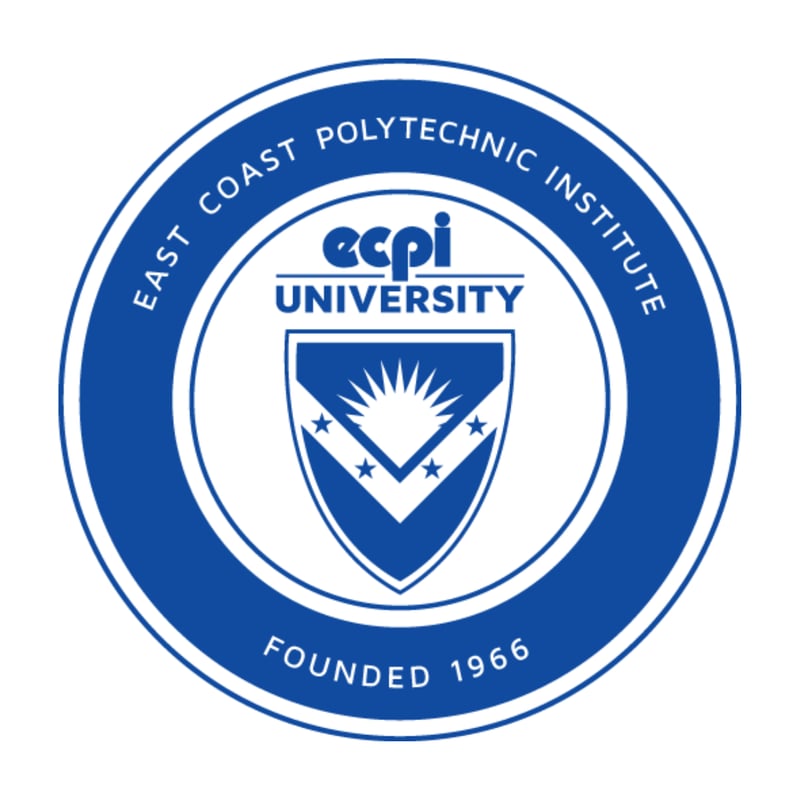
Financial aid (may be available)

No cost info

Financial aid (may be available)

Financial aid (may be available)

Financial aid (may be available)

Financial aid (may be available)

Financial aid (may be available)

No cost info

Financial aid (may be available)

Financial aid (may be available)

Financial aid (may be available)
This certificate program provides a foundation in supply chain and logistics management from both a U.S. as well as global perspective, preparing participants for professional careers with manufacturers and distributors, transportation carriers, and logistics service providers.
No cost info
American Military University (AMU) offers a logistics management certificate at the graduate level. It provides in-depth study of logistics and supply chain management with consideration of global impacts.
AMU’s online logistics certificate emphasizes transportation factors related to logistics, especially the maritime industry. The curriculum covers topics such as:
Transportation policy and planning
Transportation management and economics
Port and terminal operations
This program is an appropriate choice for those who wish to increase their knowledge of logistics and supply chain management without committing to a full degree program.
No cost info
No cost info
The online Logistics and Supply Chain Management Certificate from CCU will help you gain a deeper understanding of the processes and fundamentals within supply chain and inventory management, including purchasing and inbound logistics; material handling in distribution centers; warehousing and warehouse management; financial and inventory controls; transportation and distribution; and reverse and global logistics.
No cost info

$2,730 total

No cost info
No cost info
Learn about the components of supply chains including supply chain networks, supply chain facilities, transportation, and inventory management as well as how emerging technologies affect them with our Supply Chain Fundamentals Certificate. These courses are perfect for learners seeking to enter the supply chain profession, as well as those who are seeking to enter supervisory roles or enter a new domain within the supply chain.
No cost info

$2,625 total

$2,625 total
Are you interested in a career in logistics? If you live in San Francisco, you're in luck! There are several logistics classes available near you that can help you kickstart your career in this exciting field. In this blog post, we will explore what logistics is, the training requirements, what to look for in a class, what to expect from the day-to-day class, the certification process, how to find a related job, and other classes you can take after becoming a logistics professional.

Logistics is the process of planning, implementing, and controlling the efficient, effective flow and storage of goods, services, and related information from point of origin to point of consumption. It plays a crucial role in supply chain management and ensures that products are delivered to customers in a timely manner.
Logistics involves various activities, including transportation, warehousing, inventory management, and customer service. Professionals in this field work to optimize the movement of goods and minimize costs while meeting customer demands. They are responsible for coordinating the flow of goods from suppliers to customers, ensuring that products are delivered on time and in the right quantity.
To pursue a career in logistics, it is recommended to have at least a high school diploma or equivalent. However, some employers may prefer candidates with a bachelor's degree in logistics, supply chain management, or a related field. Additionally, obtaining a certification in logistics can enhance job prospects and demonstrate your expertise in the field.
When searching for logistics classes near you, it's important to consider the following factors:
Logistics classes typically provide a combination of theoretical knowledge and practical skills training. Here's what you can expect from the day-to-day class:
After completing a logistics class, you may have the opportunity to obtain a certification in logistics. The certification process typically involves the following steps:
After completing a logistics class and obtaining a certification, you'll be ready to embark on your career in the field. Here are some tips on how to find a related job:
Once you have established yourself as a logistics professional, you may choose to further expand your skills and knowledge by taking additional classes. Here are some other classes you can consider:
Logistics is a dynamic and essential field that offers numerous career opportunities. By enrolling in a logistics class near you in San Francisco, you can gain the necessary knowledge and skills to excel in this industry. Remember to consider the accreditation, curriculum, instructors, facilities, and job placement assistance when choosing a class. After completing the class and obtaining a certification, utilize networking, job boards, internships, and Dreambound to find related job opportunities. And if you're looking to further expand your skills, consider taking additional classes in supply chain management, transportation management, inventory control, and warehousing and distribution. Good luck on your logistics career journey!
Explore Dreambound's in-depth guides, each shedding light on the unique requirements and challenges in cities across the US. For more insights, be sure to check out our other guides.
Exploring a variety of professional opportunities? Dreambound has many extensive guides to help you make informed decisions. Check out these guides:
Dreambound's platform allows prospective students to find the right educational program for them through searching, filtering, and connecting with our extensive selection of career & technical education partners.
Dreambound has over 70 programs across healthcare, technology, business, and industrial trades. This includes programs such as Medical Billing, Cybersecurity, and welding.
Some of our schools offer financial aid for those who qualify. Many others offer payment plans, where you can pay the cost of class over time.
Yes, Dreambound offers many online programs. On Dreambound's search, you can filter by online, in-person, and hybrid (part online, part in-person).
Dreambound is completely free for you to use! We are supported by schools and organizations who pay to advertise on our website, so we can offer all of our career resources for free.